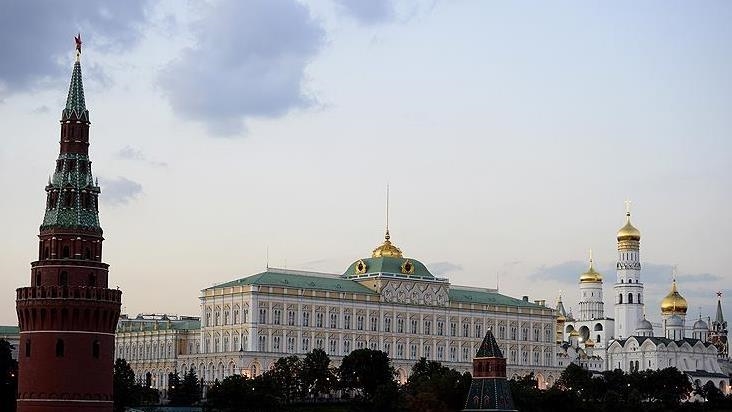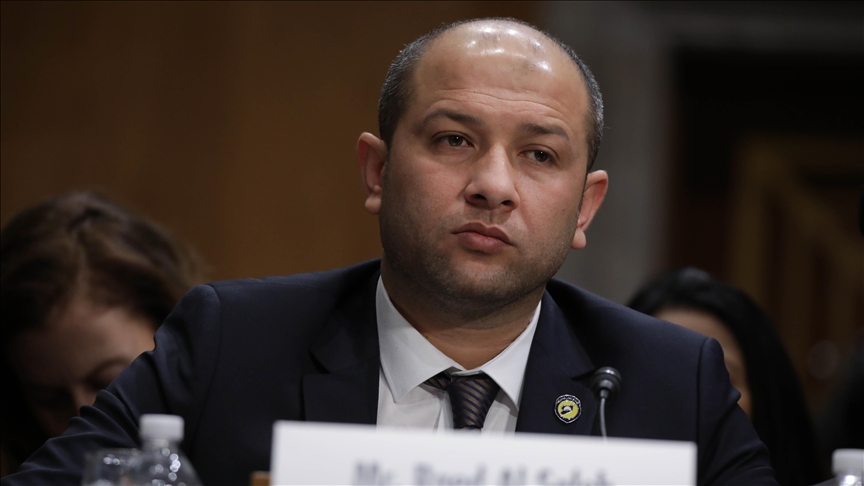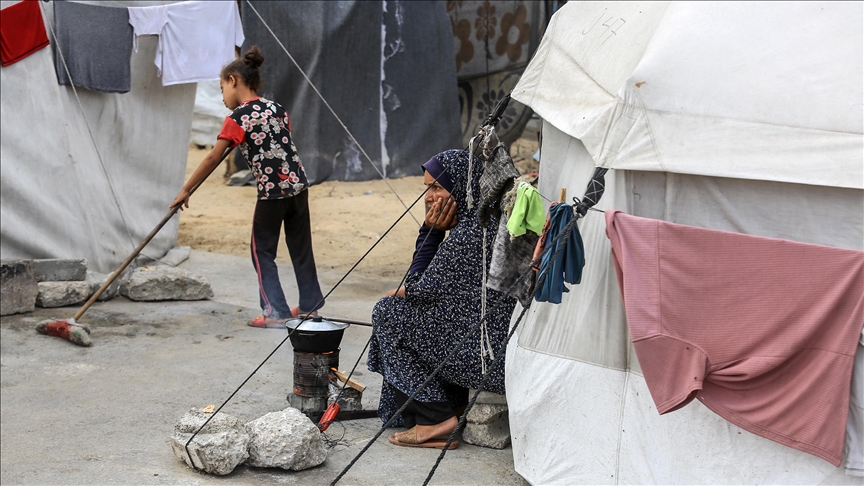Most, if not all, oil products and grain come to the country via the Georgian route; currently, serious problems in this direction will cause food shortages and price increases in Armenia - the only "economic lifeline" is the opening of the corridor. This is a scenario that benefits Russia as well." This was said by Armenian commentator Hayk Martirosyan.
So, is it possible to develop the situation in the said direction? Will Armenia finally agree to the real opening of Chairman of the Atlas Research Center, Elkhan Sahinoglu, provided insights to Ednews on the current status and future prospects of this crucial infrastructure project. Despite expressed interest from the Armenian side, Sahinoglu indicated that there has been no significant progress in realizing the corridor's potential.
Economic Implications for Armenia
Sahinoglu emphasized the economic challenges Armenia faces due to the frequent closures of the Georgian route, caused by repairs or avalanches. This route is vital for Armenia's import of oil products and grain, primarily from Russia. The disruptions significantly impact Armenia's economy, underscoring the necessity of an alternative route.
"The Zangezur corridor should, in theory, align with Armenia's interests given the economic pressures from the Georgian route's unreliability. However, Armenia remains steadfast in its demand for customs and border services along the 41-42 kilometers of the corridor, leading to a stalemate," Sahinoglu explained.
Alternative Routes and Strategic Developments
Despite the stalled progress on the Zangezur corridor, Azerbaijan has been proactive in enhancing its infrastructure. "We have restarted the Baku-Tbilisi-Kars railway and established agreements with Iran. Additionally, the construction of the Araz corridor is underway," Sahinoglu noted. These developments indicate Azerbaijan's commitment to maintaining robust trade routes irrespective of the Zangezur corridor's status.
Sahinoglu also highlighted the broader geopolitical implications. "Armenia needs this corridor to ensure peaceful coexistence with Azerbaijan and to capitalize on the economic opportunities it presents. Yet, without a shift in Armenia's position on the customs and border services issue, the outlook remains bleak."
Conclusion
The potential opening of the Zangezur corridor remains a critical issue for regional stability and economic cooperation. While Armenia acknowledges the corridor's importance, entrenched positions and unresolved demands continue to hinder progress. The situation demands diplomatic efforts to break the deadlock, allowing both Armenia and Azerbaijan to benefit from enhanced connectivity and economic integration.

.jpg)








